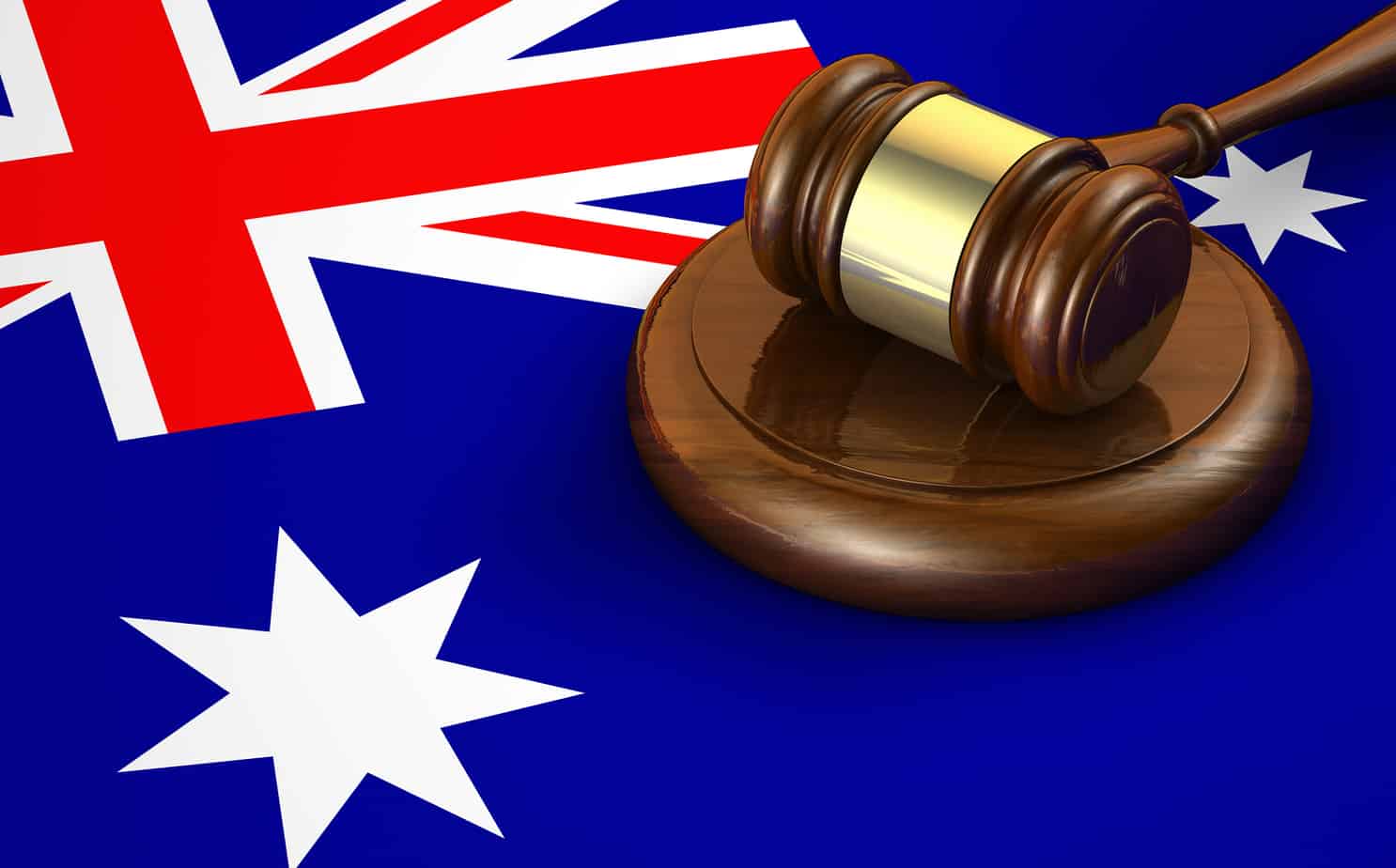It’s no secret that small businesses stand to benefit a lot from increasing globalization. Customer Think mentions that up to 97% of all domestic exports are from small enterprises. With more companies focused on marketing internationally and the internet making the world a smaller place, patent protection becomes a severe concern for the country’s small and medium businesses. Your company’s products and the intellectual property (IP) associated with it are essential parts of your competitive advantage. Protecting your IP requires understanding what the law offers you as a small business.
The First Steps to Protecting your Business
Moving into international markets and establishing a presence, there usually means doing business with a local partner. You must do your due diligence regarding the local business operations, your potential partners, and how the copyright for your IP is filed within that country. Any non-US trademarks and copyrights you intend to use should be registered with the US Customs and Border Protection offices.
Most countries have their own local copyright and patent offices that may grant you some protection against IP infringement. This step is crucial since IP infringements are usually within the jurisdiction of the country that they occur in. Having copyrights in the US doesn’t guarantee that you’ll prosecute IP violators from outside the US.
Establishing Protection for your Copyright Overseas
Copyright serves as protection for artistic, dramatic, musical, and literary works. To date, no international copyright law exists, and so in each jurisdiction, local copyright law holds sway. Depending on the country you’re looking at, you may be able to enforce your US copyright overseas. Several international treaties exist that multiple countries have signed on with that recognize US jurisdiction for copyright infringement. The World Intellectual Property Organization (WIPO) outlines these treaties and the countries they impact []. Hiring a local lawyer as a consultant to help you navigate a country’s legal system is an excellent idea.
Patents and Overseas Protections
Patents are another type of intellectual property protection, usually granted to manufacturers to give them exclusive right to produce and market their product. Unlike copyrights, patents don’t enjoy the same level of protection in international legal systems. A patent that a company or inventor registered within the US is only valid on US soil. If you want to extend the protections that your patent guarantees, you’ll have to file an application within a local patent office. You need a US Patent and Trademark Office license to file for a patent overseas.
Trademarks and Business Branding
Trademarks represent brands and can also be considered the intellectual property of a company. Trademarks cover the representation of a logo, word, or phrase which identifies a particular brand or product. Just like patents, a trademark is only valid within the United States. The US government has never signed any treaties that extend the coverage of patents to other countries. As a result, you may have to file similar papers as registering a new patent in other countries to protect your intellectual property there. The difficulty in obtaining trademarks and enforcing IP laws vary from country to country.
Why You Should Protect your Intellectual Property
IP laws exist so that people who put the work into designing and registering a trademark or patent can see the returns on their labor. In a society like ours, where people’s contribution to society translates into financial gain, intellectual property is a product that has only a few protections across international borders. For businesses, losing their copyright in a foreign country allows competitors to profit on the name that the company has built over the years. Protecting your intellectual property extends to protecting your business idea and your ability to compete globally. Without the right protections, a business could lose out on the market it could have managed to enter and dominate.



